Natracare have been pioneers for better periods for every body since 1989. As time has passed, that has meant getting better at recognising the variety of people having periods. Whichever way an individual identifies, what matters most to us is that people are seen and respected by the brands that they use – Natracare included.
Reminder: Who has periods?
Firstly, it’s important to make the distinction between sex and gender. Sex is the biological differences between people, i.e., what genitalia each person has. This does NOT inform someone’s gender. Gender, on the other hand, is how someone experiences their own identity. It is on a spectrum.
Cisgender women aren’t the only people who can have periods and having a period doesn’t automatically mean someone is a woman. Trans men, non-binary, gender fluid, and intersex people can have periods too. While they might have body parts typically assigned to females, they may not identify as women. The conflation of periods and femininity is one way people can feel a big disconnect felt between their gender identity and their bodies (body dysphoria), particularly during their time of the month.
Why is it a feminist issue?
To be a feminist is to want equal rights for all oppressed groups. Wanting equal rights for all means we must apply this thinking for trans and gender-diverse minorities.
While the use of ‘femme’ in feminism might throw people off, the purpose of its place in the movement is because we have to first name our problem. The main issue for the feminist movement was once that women experienced inequality compared to men, such as the gender pay gap or not being allowed to vote. And while we still have an incredibly long way to go to achieve full gender parity, women now have more opportunity to platform those who are even more marginalised within society: trans, non-binary, and intersex people. This is at the core of what it means to be an intersectional feminist.
Radical feminism and the trans community haven’t always seen eye to eye, but there is actually a lot of crossover between trans theory and feminist theory. Mainly, the belief that you can express yourself as you so choose, without conforming to gender norms.
Why should feminism support the trans community when it comes to periods?
Trans people are still fighting for rights that binary genders have. For example in North Carolina, due to the “Bathroom Bill”, transgender people can’t use the bathroom that matches their gender identity. Although feminism is far from reaching its goals, now more than ever women have the ability to help trans people up.
As a global brand, it’s important for us to take a wider look at the world. We believe you can still fight for women’s rights and visibility, while championing trans rights too. Not everyone will be covered by dividing people intro strictly male and female when people from either group have periods. By expanding the net of feminism to include trans and gender diverse people, we’re also adding to progress being made with women’s rights.
Are women’s hardships being erased?
In short, no. By talking about trans issues, we’re raising awareness on feminist issues too. Feminism is an overarching way of viewing the world. Many conversations within feminism are about the experiences women face, which other people of diverse genders experience too. The more people using their voice to fight for our shared equality, the more likely our voices will be heard.
With a population percentage of 0.8% trans people and at least 0.4% non-binary people in the UK, we can be sure to say that it’s mostly women who have periods. But even though there are fewer trans and non-binary people, including them in the conversation about periods opens the space for more people to be open about their experience, further abolishing the stigma. It doesn’t erase women nor dispute women’s experiences, but only builds upon it with a common goal of equality.
It also doesn’t take away women’s identity. In fact, there are also many women who don’t have periods. Addressing those who do menstruate as ‘people’ means we’re not defining women by this monthly process.
We are all people first, regardless of gender identity. It doesn’t dehumanise, and it doesn’t erase anyone. Instead, it affirms that trans and gender-diverse peoples’ lived experiences overlap with those of women or doesn’t strictly fit a male/female binary. It’s giving everybody the respect they deserve, regardless of how they identify.
Why is this important to talk about?
Trans rights have always been a contentious topic with radical feminism, particularly when it comes to things that were once thought to be exclusive to women, like having periods. But we believe it’s important for people with a platform or space to let the people without know they are seen and welcome in a world that we all want to make better.
We are broadening the understanding of who menstruates. We are being inclusive of all the varied people who menstruate.
It’s time for supermarkets to ditch their old school signposting and change feminine hygiene to period products. Please sign our petition and help make this happen!
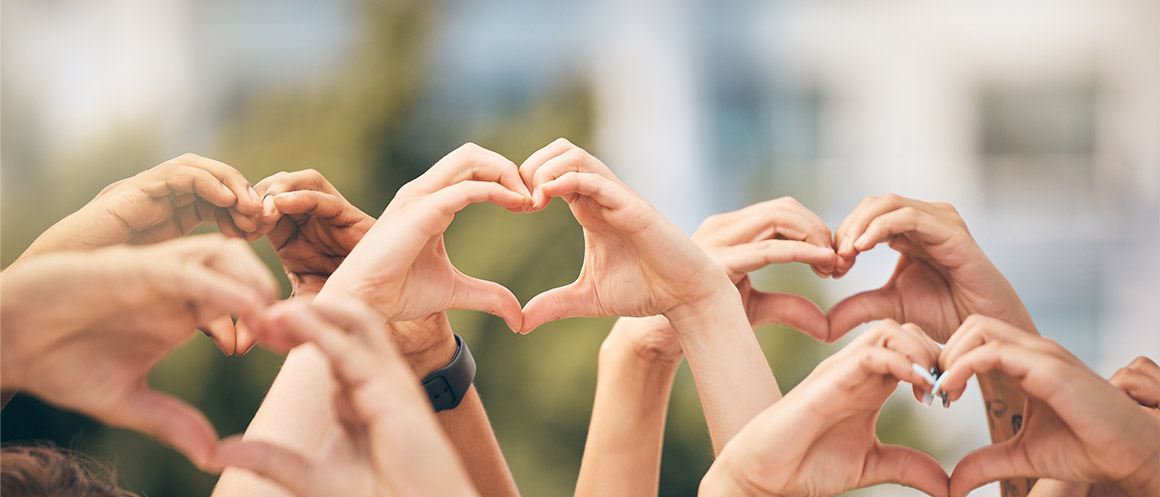
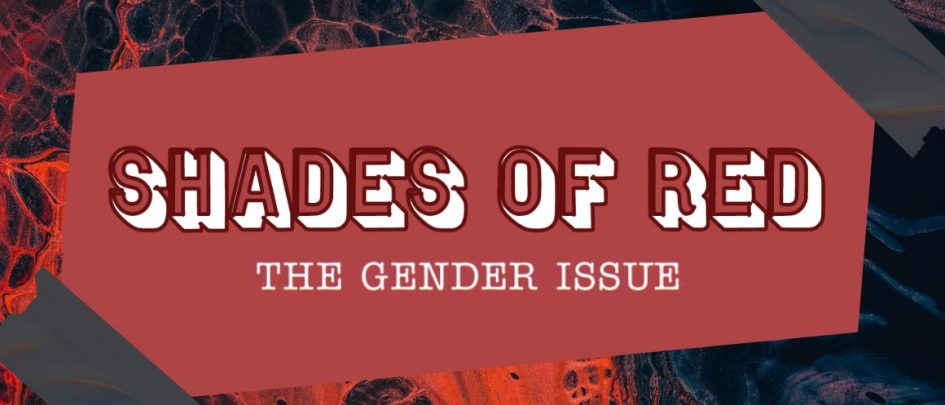
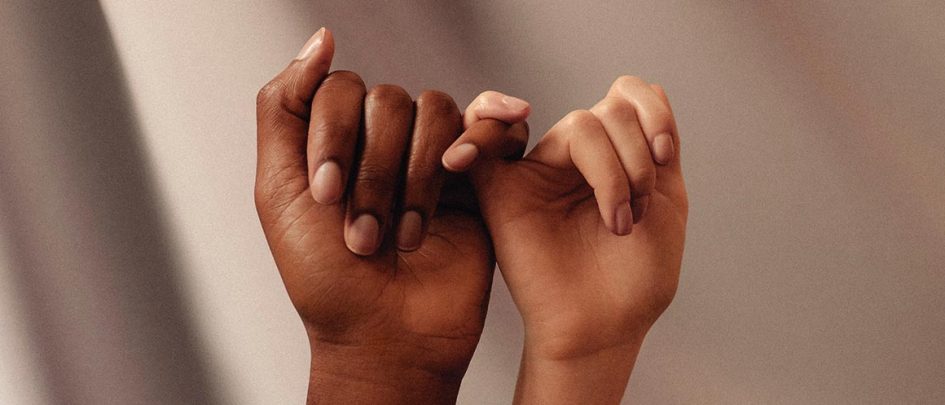







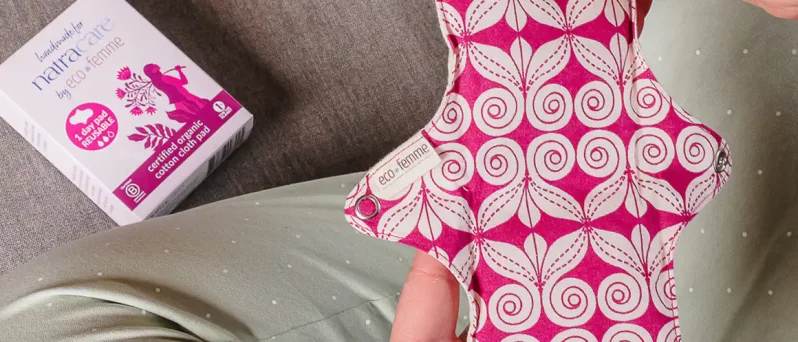

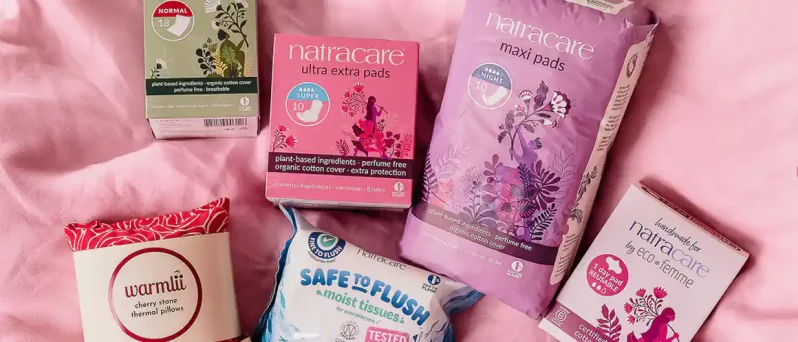
Periods are a natural part of life, and deserve to be recognised as such; after all, they allow human life to happen!!
I agree producers of menstruation products should re-think the way their products are advertised and who they target. It should be inclusive as in all people – not just the feminine gender. I support the idea of referring to menstration products as hygiene products without specifying a specific feminine gender.